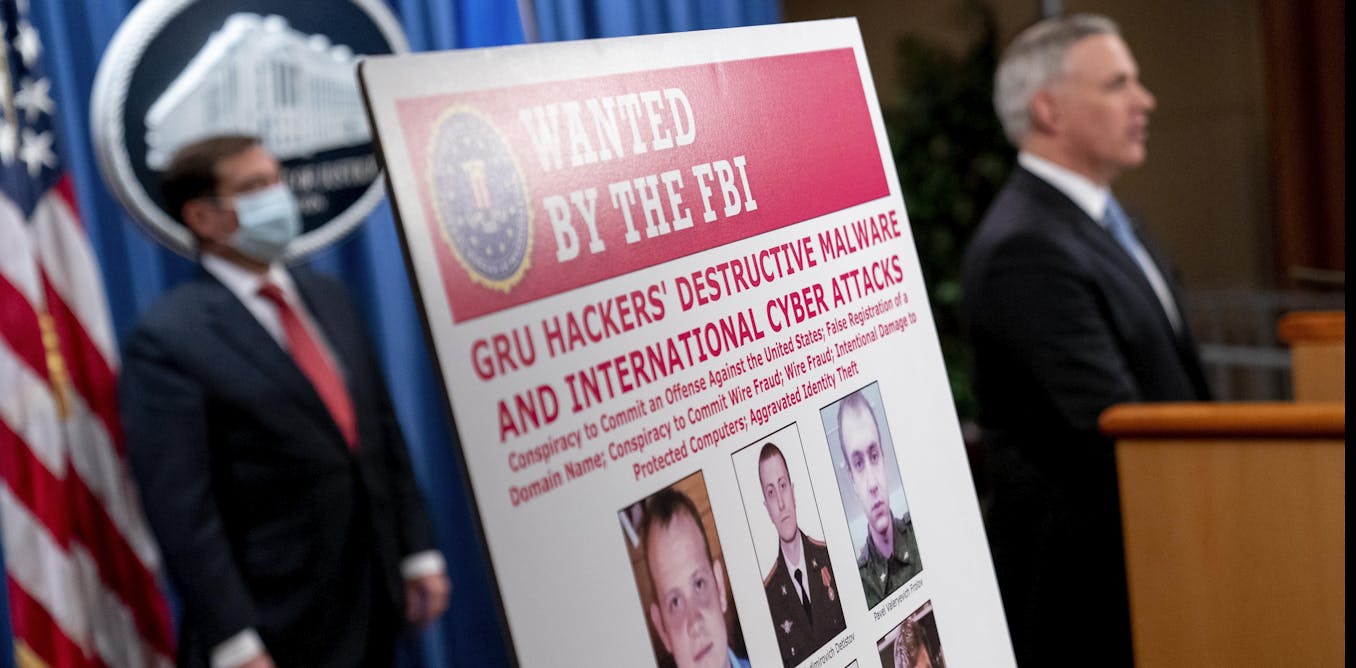Mpox, AIDS and COVID-19 show the challenges of targeting public health messaging to specific groups without causing stigma
Prejudice and stigma can discourage the communities most affected by infectious diseases from seeking care. Inclusive public health messaging can prevent misinformation and guide the most vulnerable.
Dec. 14, 2022 • ~9 min








